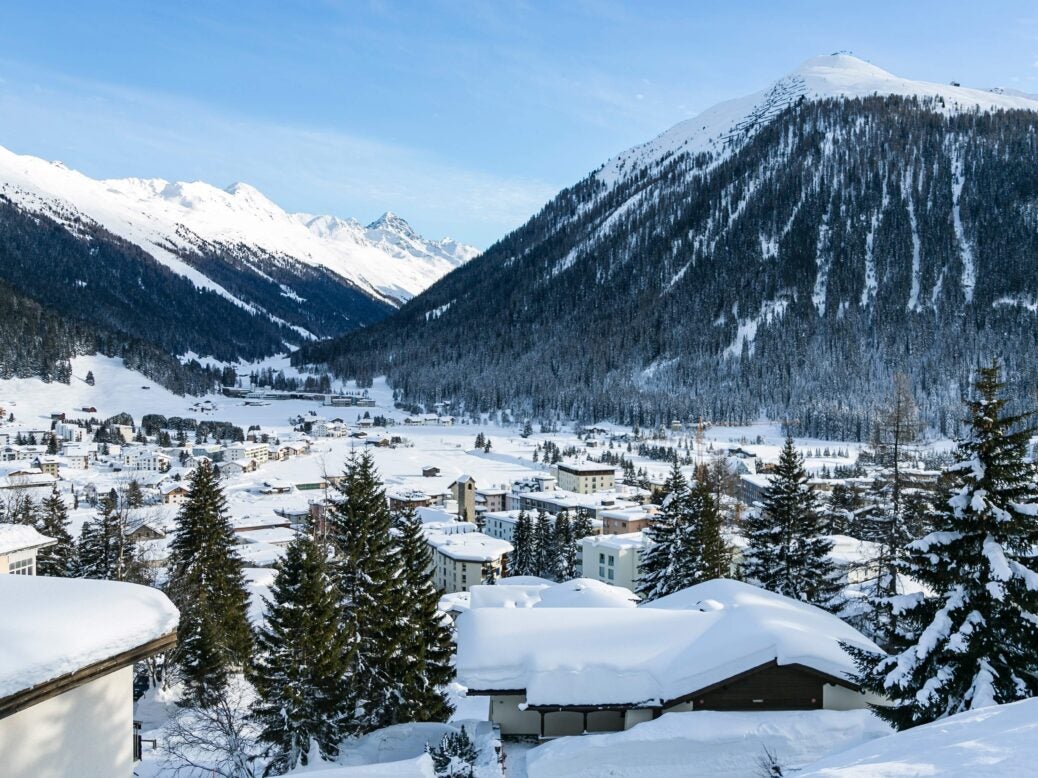
The World Economic Forum’s annual meeting in the Swiss ski resort of Davos may have a branding problem, but it’s never been more important, says wealth manager Ali Jamal
In a climate of extremes, it is unsurprising that this year’s edition of the World Economic Forum’s annual meeting, which begins on Tuesday, January 21 in the Swiss ski town of Davos, is a source of controversy.
Even at the highest level, governments have thought twice about sending representatives to a forum that for many has become synonymous with exclusion and elitism. It’s been easy to win political capital by declining to attend – as Boris Johnson did after his recent election win, saying there were more pressing domestic matters to deal with. However, rightly, it soon became clear that to have Britain out of the room would be a mistake. The UK chancellor, Sajid Javid, will now be in attendance, flying in to rub shoulders with Angela Merkel, Donald Trump and Greta Thunberg.
As Greta will no doubt testify, much needs to change in a world where so many still have so little, but the popular criticism of Davos – that it is a talking shop solely for elite billionaires with no interest beyond their own bottom lines – is blinkered and irrational. If we are to address the great issues facing the world, then events like Davos are invaluable forums for agreeing and actioning change.
I wager many who critique the world’s powerful and wealthy as being fractious and self-interested would advocate for them all to come together in the same room to align their interests and set out policies of mutual gain. That is exactly what Davos is.
The forum does two things brilliantly. First, it illustrates the value UHNWs can bring to society. I have been fortunate enough to spend much of my professional career working with extremely wealthy individuals, and while they are tax conscious, no one has ever asked me how they can remove their wealth from society. However, they have almost uniformly asked me how they can use their privilege to change the circumstances of others. That is why this meeting is so valuable: Capitalism in practice has many flaws, Davos is one of those very rare opportunities where policy makers and power-brokers can get together to see what is and isn’t working and why.
The second thing Davos gives us is a degree of scrutiny. While the forum is known for discretion, this is not a place you go to if you want to hide. Following the remarks about tax at Davos from Dutch historian Rutger Bregman last year, you can bet that the issue of how governments tax large companies and wealthy individuals will be in the spotlight.
Hard questions will be asked – and that should be welcomed. My own view is that Davos presents the perfect opportunity for those with wealth and power to justify their positions and make clear that wealth creation should be a right for all, not a privilege for some. Likewise, there should be no division when it comes to securing a healthy environment for all and global governance that uses taxation to promote, not stifle, growth where it is most needed.
It is only by interrogating these arguments in a rigorous way, that we can have confidence in them. Davos affords an opportunity to do just that.
Ali Jamal is the founder & chairman of Azura
Read more:






